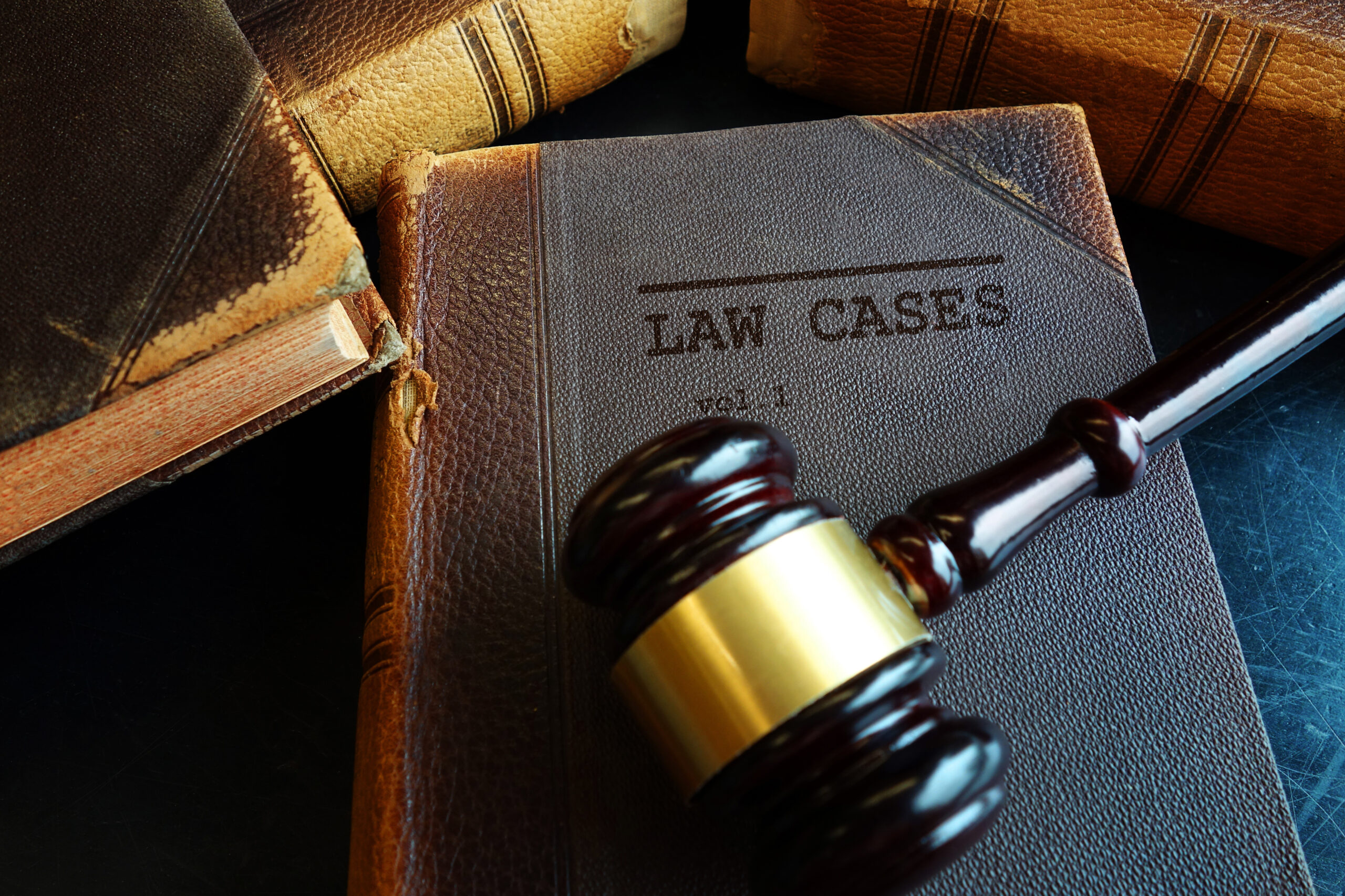The question has been previously raised – is a lease the same as a license – in that does the underlying occupant/user acquire tenancy rights by such occupation regardless of whether you define an agreement as a license or a lease. A recent case – Castaic Studios, LLC vs. Wonderland Studios (97 Cal.App.5th 209) – discusses an important aspect of this issue. In Castaic, Wonderland, as licensee, defaulted under a license agreement and the licensor, Castaic, elected to seek an unlawful detainer action to remove the licensee, only to be told by the lower court that it was not an available remedy under the license. Here, Castaic granted Wonderland the “exclusive” but “non-possessory” right for the use of the property. The license stated it was “not a lease or any other interest in real property but a contractual arrangement that creates a revocable license”. The licensor waived the right to an unlawful detainer under the license agreement and the license provided it would be governed by “contract laws and not by the landlord tenant laws”. It further stated, that upon a default, the licensee agrees that licensor may cease to provide access to the licensee’s area of use without notice or the need to initiate legal process.
The Courts of Appeal analyzed the contract to determine if the remedy of unlawful detainer applied here. They stated that the fundamental goal of contract interpretation is to give effect to the mutual intention of the parties as it existed at the time they entered into the contract. Further, in interpreting the contract, the court gives the words their ordinary and popular meaning, unless the parties have given the words a specialized or technical meaning. Here, the Court stated that even if the license contains some elements of a lease, its express terms show the parties’ intent to waive any rights afforded by the landlord tenant laws, including a landlord’s remedy of unlawful detainer.
Castaic argued that the waiver should not be enforced. The Court disagreed based on two principles: (1) the parties have the power to determine the terms of their contractual relationships and (2) other than a law established for a public reason, any person may waive the advantage of a law intended for its benefit. Here, Castaic waived the right to bring an action for unlawful detainer and the Court saw no public reason that would prohibit a landowner from agreeing to waive the unlawful detainer remedy. Finally, the Court stated that the existence of a landlord tenant relationship was essential to an unlawful detainer action.
Castaic highlights that if an agreement is clear that it is a license and not a lease, the courts will review on the plain terms of the language of that license and the parties’ intent. In this case, the Court found that the parties were explicit that an unlawful detainer remedy was unavailable to the licensor and nothing outside the language of the license would allow it to be implied otherwise.


